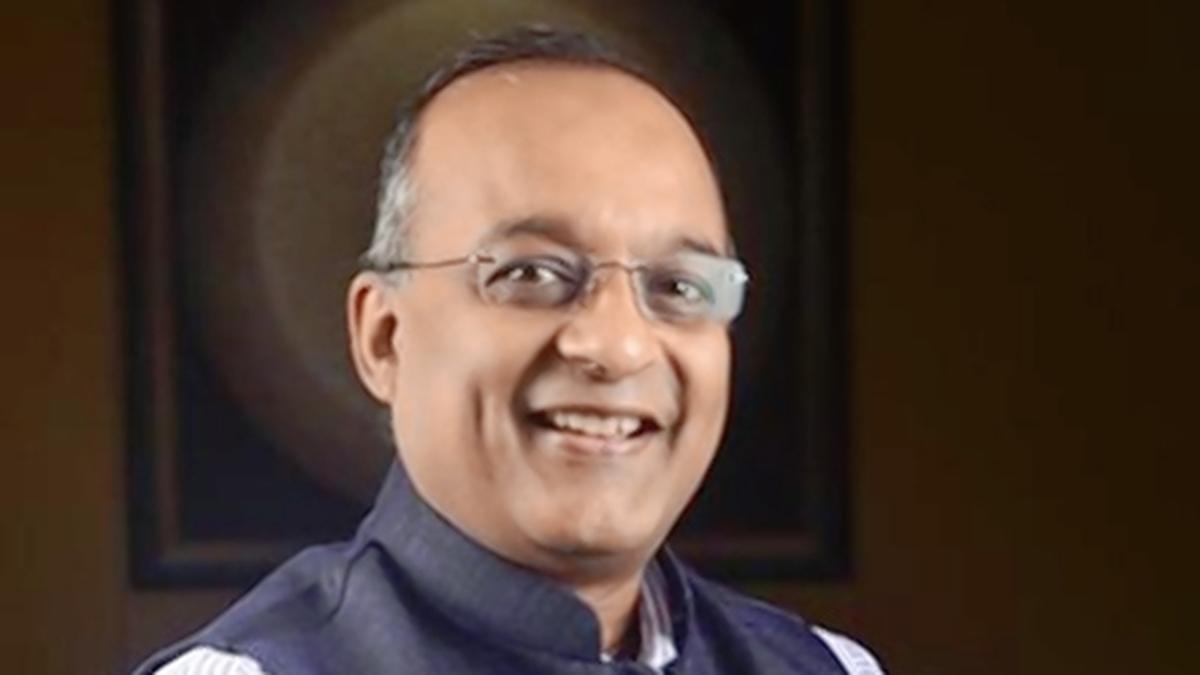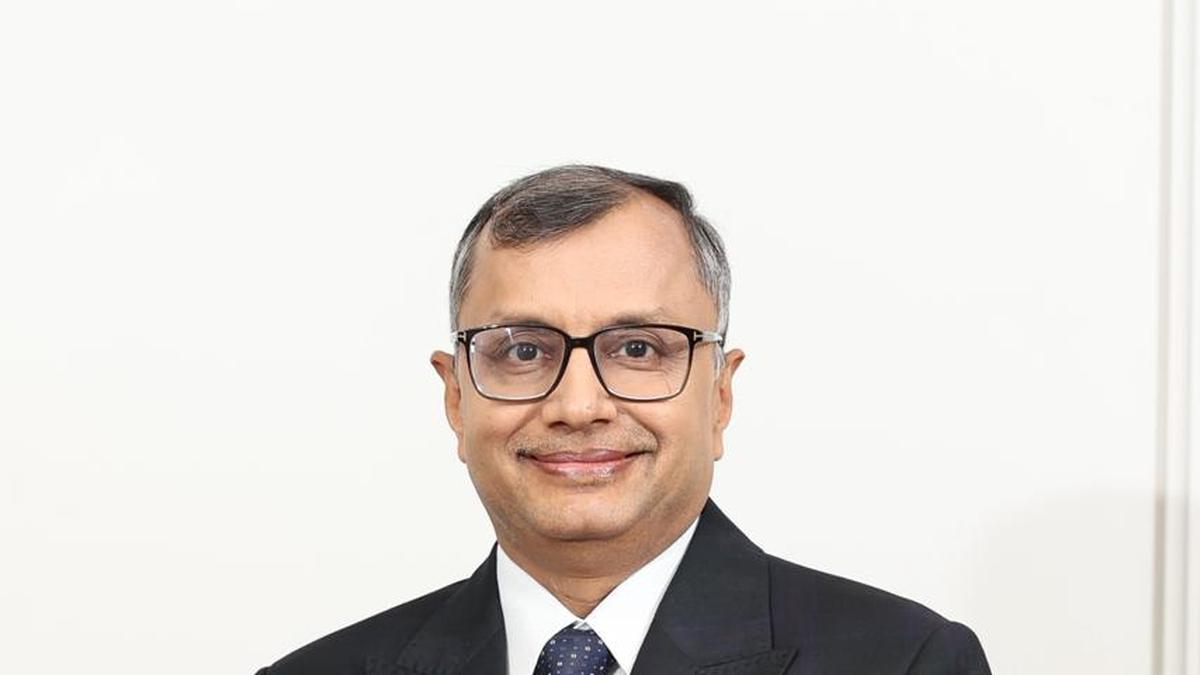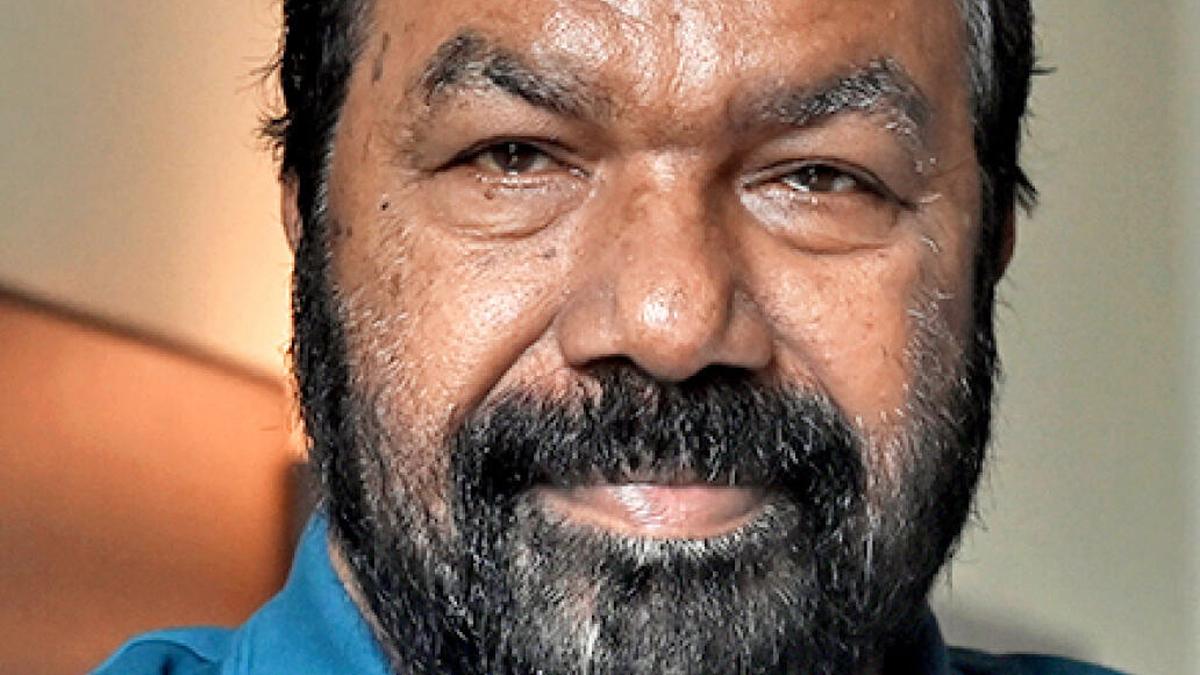Investments made in vision care such as simple eye tests in schools and distribution of ready reading glasses could have the potential to bring ₹3.6 lakh crore to the Indian economy every year, reported a research.
Investments made in vision care such as simple eye tests in schools and distribution of ready reading glasses could have the potential to bring ₹3.6 lakh crore to the Indian economy every year, reported a research.
This include: ₹2.27 lakh crore in productivity gain, ₹78,700 crore in increased employment and ₹40,800 crore in alleviated caregiving. This would also cover the equivalent of 9,60,000 extra years of schooling for students.
Additionally, it would lead to 8,27,000 fewer people living with depression and avert 65,000 transport injuries and mortalities, as per the survey that is part of the global Value of Vision report by International Agency for the Prevention of Blindness (IAPB), Seva Foundation, and Fred Hollows Foundation, international organisations working towards eliminating avoidable blindness.
According to the report, nearly 1 billion people in low-and middle-income countries live daily with avoidable sight loss, but most of this could be solved with some of the cheapest interventions: cataract surgery and glasses. Approximately 70 crore people in India live with avoidable sight loss. The personal and economic costs of sight loss are wide-ranging, including unemployment, lower educational attainment, reduced income, increased caregiving burden that predominantly falls to women, mental ill health, and increased risk of injury and illness.
The report lays out six priority areas for governments to prevent sight loss: early detection through vision screenings in the community, giving out reading glasses on the spot, increasing capacity in the eye health workforce, boost surgical productivity and teams, removing barriers to accessing eye health like cost, distance and stigma, and making cataract surgery even better with innovative training techniques, wider use of biometry and stronger minimum postoperative care standards.
Peter Holland, CEO of IAPB said, “Sight loss is a truly universal problem that impacts every part of our lives. Most sight loss can be prevented with simple and affordable interventions like expanding sight tests, providing glasses and improving cataract surgery.’‘
Elizabeth Kurian, Chief Functionary and Trustee of Mission for Vision, India said, nearly 1 billion people live daily with avoidable sight loss, especially in low- and middle-income countries, limiting their productivity and potential. “Investing in vision is not just charity, it is smart economics,’‘ she added.
Published – October 10, 2025 05:30 am IST





